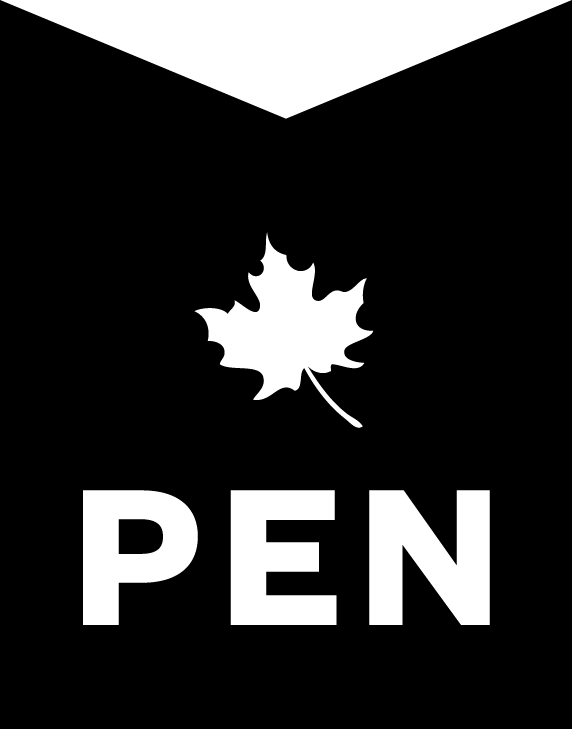News & Statements
Amid rising political tensions between the U.S. and Canada, and escalating threats of a broader trade war, the downstream effects of tariffs on writers, readers, publishers, and booksellers will be profound. Just as Canadian publishers have called for the Canadian government to exempt books from tariffs on U.S. goods, we call on both countries’ governments to adopt such measures as an absolute minimum. Failure to act risks long-term impacts on literary culture that could prove irreversible.
On behalf of the literary communities in our countries and around the world, we call on U.S. and Canadian governments, publishers, and literary institutions to heed the principles of the international PEN Charter, that works of art are “the patrimony of humanity at large,” and that “literature knows no frontiers and must remain common currency among people in spite of political or international upheavals.”
Words and ideas are not owned by nations and states; the closing of borders is a harbinger for the closing of minds. In this context, ideas and information must be allowed to travel freely, a potential antidote to ignorance and chauvinism. Our writers must not be silenced, either — whether through direct censorship, intimidation, the chilling effect of political tensions, or the creation of economic barriers.
Today, reports of hardening attitudes in our countries are worrisome, jeopardizing more than a century of friendship and goodwill. The foundations of free expression and democracy, which both Americans and Canadians cherish, are at stake.
At its best, literature transcends borders, bridges differences, and acts as a catalyst for empathy and grace. Writers and their works are emissaries of this essential dialogue and we are all served by a polyphony of voices in the public sphere. Our common stories must remain a unifying force in a world torn apart by political divisions.
Subscribe for updates about PEN Canada’s work to defend free expression.
